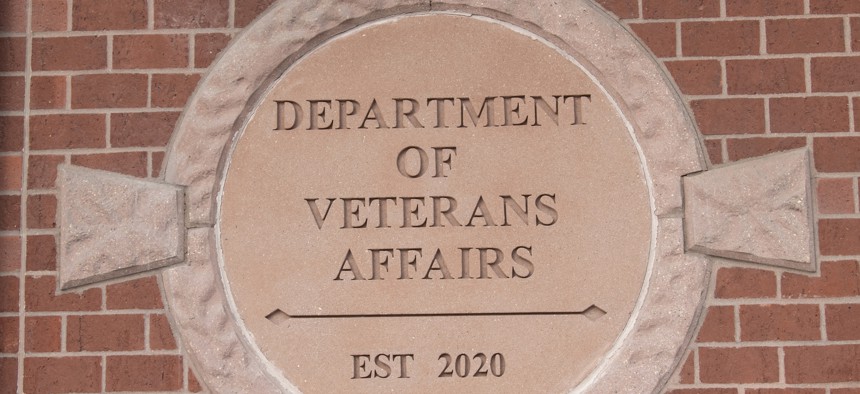The fight against veteran homelessness demands a concerted effort
COMMENTARY | "Only through a united front can we hope to honor the service of our veterans by ensuring they have the security and dignity of a place to call home," writes Navy veteran Michael Embrich.
The Veterans Affairs Department's goal to house 41,000 homeless veterans in fiscal 2024 is commendable, yet it highlights a broader systemic issue that requires urgent action beyond federal efforts. Last year, VA exceeded its housing target by 23%, sheltering nearly 47,000 veterans. This milestone, while significant, underscores a persistent and troubling reality: veteran homelessness remains a national tragedy.
At a recent event in Washington, D.C., VA Deputy Secretary Tanya Bradsher aptly noted, "Even one veteran experiencing homelessness is a tragedy." The administration's commitment to eradicating this issue is clear, with President Biden vowing to eliminate veteran homelessness. However, the challenge is too vast for federal agencies to tackle alone. The increase of 7.4% in the homeless veteran population in 2023, as reported by the Housing and Urban Development Department, is a stark reminder of this.
Local governments—mayors and governors—across the United States must rise to this challenge by establishing more affordable housing trusts and other supportive measures. While VA's partnership with the HUD and initiatives like the Supportive Housing program are crucial, these efforts must be complemented by local strategies.
Affordable housing trusts, spearheaded by city and state governments, can significantly amplify the impact of federal programs. These trusts can provide dedicated funding for the development and maintenance of affordable housing, ensuring a sustainable solution for veteran homelessness. By increasing the availability of affordable housing, we can provide a stable foundation for veterans to rebuild their lives.
Moreover, there is a pressing need to hold developers accountable. Those who receive tax breaks and incentives to build should be obligated to contribute to affordable housing trusts. This approach ensures that the benefits of development are shared with those in need, particularly our veterans. It's a way of making sure that private profit does not overshadow public good.
Addressing veteran homelessness also requires a holistic approach. As Bradsher emphasizes, housing is just the first step. Veterans need access to comprehensive support services, including healthcare, job training, legal assistance, and education. Local governments are uniquely positioned to coordinate these services effectively, tailoring them to the specific needs of their veteran communities.
In summary, while the VA's efforts are laudable and necessary, the fight against veteran homelessness demands a concerted effort at all levels of government. Mayors and governors across the United States must take bold action, establishing affordable housing trusts and ensuring wealthy developers who receive tax incentives contribute to ending the affordable housing shortages. Only through a united front can we hope to honor the service of our veterans by ensuring they have the security and dignity of a place to call home.
Michael Embrich is a veteran, former member of the secretary of Veterans Affairs' Advisory Committee on the Readjustment of Veterans, and former congressional staffer.







